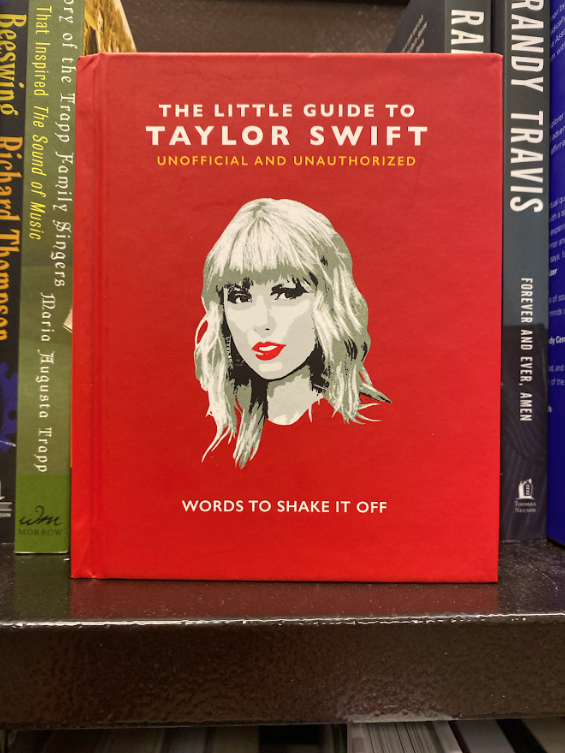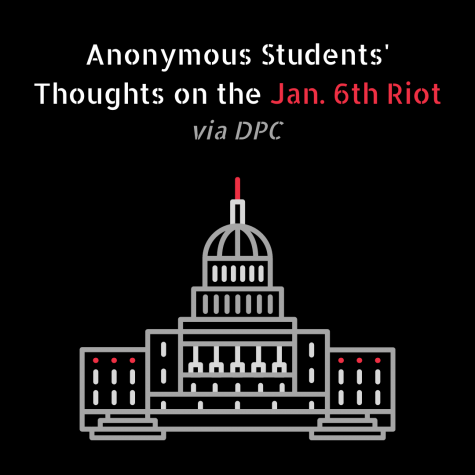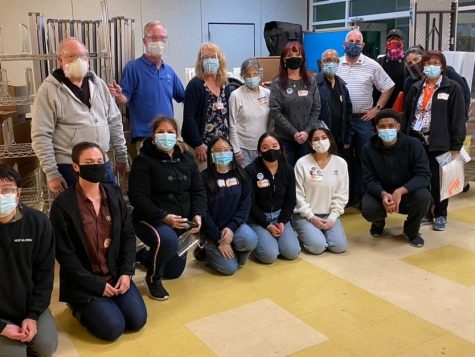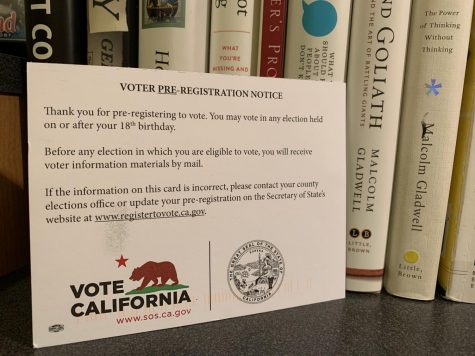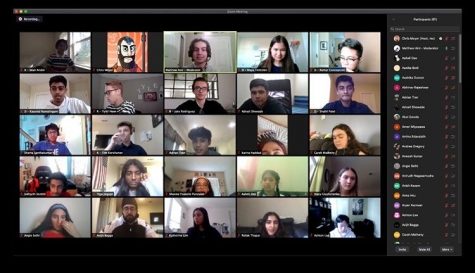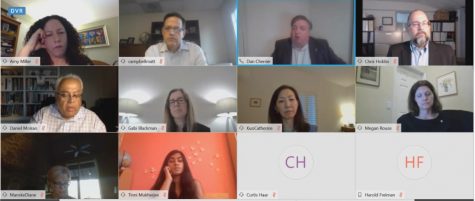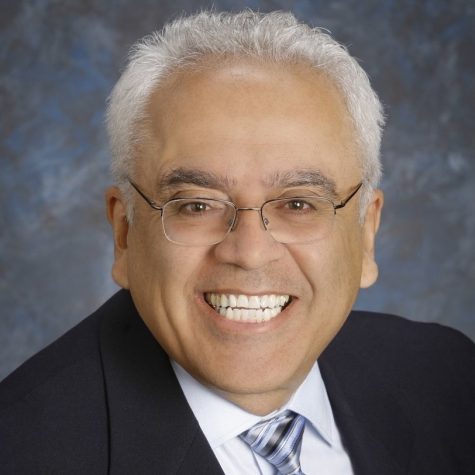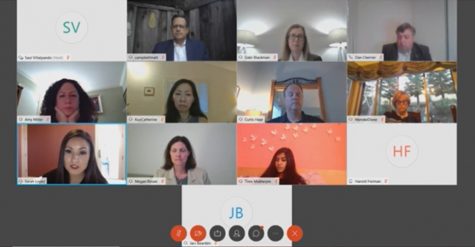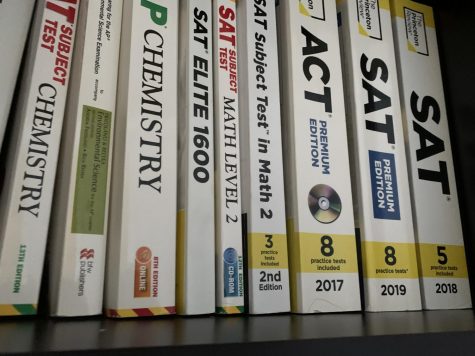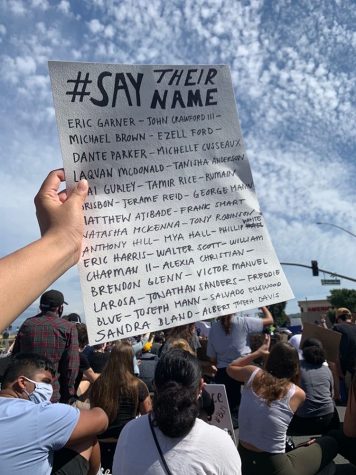DHS Reacts to Mark Zuckerberg and the Facebook Data Leaks
Massive shock and outrage have overcome the United States as the government and press have come to learn that the data of up to 87 million Facebook users may have been harvested by Cambridge Analytica, which was a private data collecting company that was hired by Donald Trump during the 2016 election to help strengthen his campaign. The Trump administration reportedly paid $6 million to Cambridge Analytica to run this political ad campaign through Facebook. This company allegedly used this data to target citizens individually with targeted political ads throughout the 2016 Trump campaign. The data was harvested using the quiz feature of Facebook as well, which Facebook took down once the news reached the company. Cambridge Analytica responded that they only harvested the data of 30 million people. When informed that they had acquired this data illegally, they denied the illegality of the situation but proceeded to delete all the data on their servers regardless. While this is slowly becoming old news, this still has strong effects on how we perceive rules on the Internet.
So what’s new to pull from this? Well, Mark Zuckerberg had to testify in front of the Senate, and many issues were called to hand. Is Facebook a free and open platform? How does restricting certain speeches like hate speech and misinformation play into our right to free speech? And how in the world did Facebook allow this to happen?
First of all, Zuckerberg was quick to say that he is taking action on the matter and he apologizes repeatedly for what has happened. He made a brave statement, saying that, “We have a responsibility to protect your data, and if we can’t then we don’t deserve to serve you.” The compassion in his statement was very strong and taking responsibility for the situation at hand was very admirable of Zuckerberg to do so.
But in his testimony, he did admit that on Facebook, there are many forms of speech that are blocked, disregarded, or made less likely to appear on Facebook. Hate speech, misinformation, public cyberbullying, and many more forms of toxic online behavior involved with Facebook are generally removed, taken down, or hidden from public view. But, living in a country that respects and protects the right to free speech, how is online hate speech and verbal hate speech any different? What do the students of DHS believe about this situation? Can our First Amendment rights stay intact with online use? Or can it be up to private companies to determine the type of speech we can use online?
Junior Aaron Deivaprakash responded fearfully to the scandal, saying that, “I am practically deleting a lot of the accounts I have on the Internet because I don’t want my information to be targeted on such an individual level by advertisements. While ads themselves aren’t harmless, the fact that my personal information was used to make those ads just makes me uncomfortable.”
Senior Caitlyn Acha also believes that “Facebook is definitely at fault for the data leaks that happened, but it’s great that they’re apologizing and are doing everything to fix it.”
As we are still reeling from has happened, we can only watch and wait as private companies try to understand and fix the damage that has been done.
Your donation will support the student journalists of Dublin High School. Your contribution will allow us to purchase equipment and cover our annual website hosting costs.
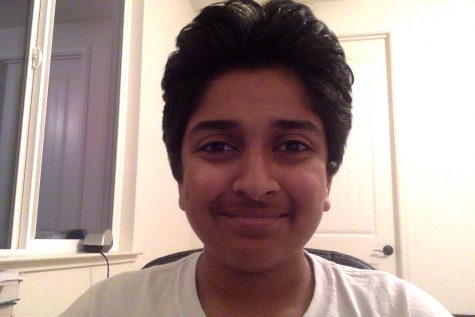
Vikram Nithyanandam is a student of the class of 2019. He loves to write articles on current issues and world news related to any political or economic...

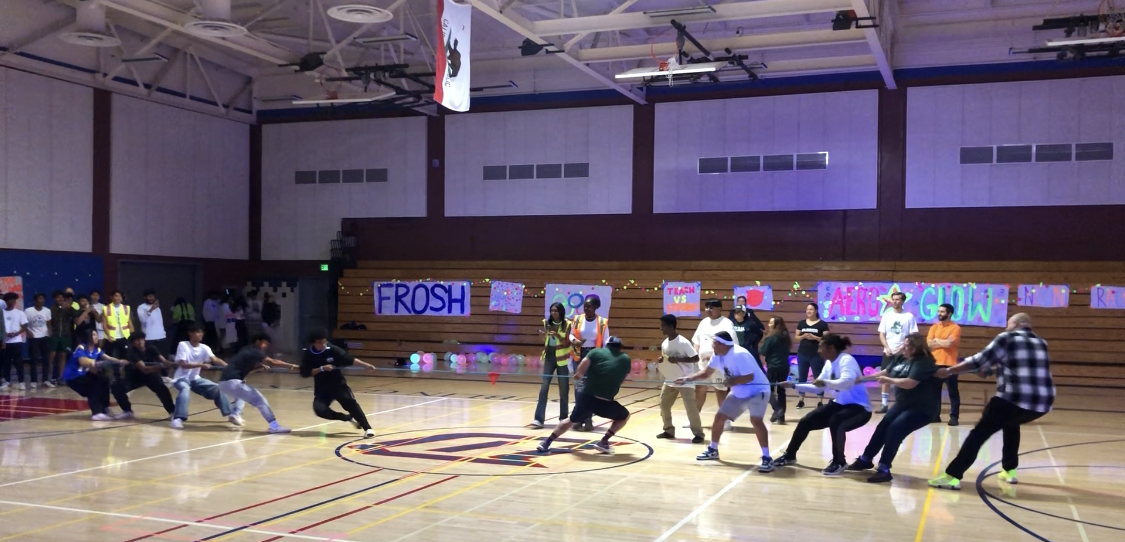
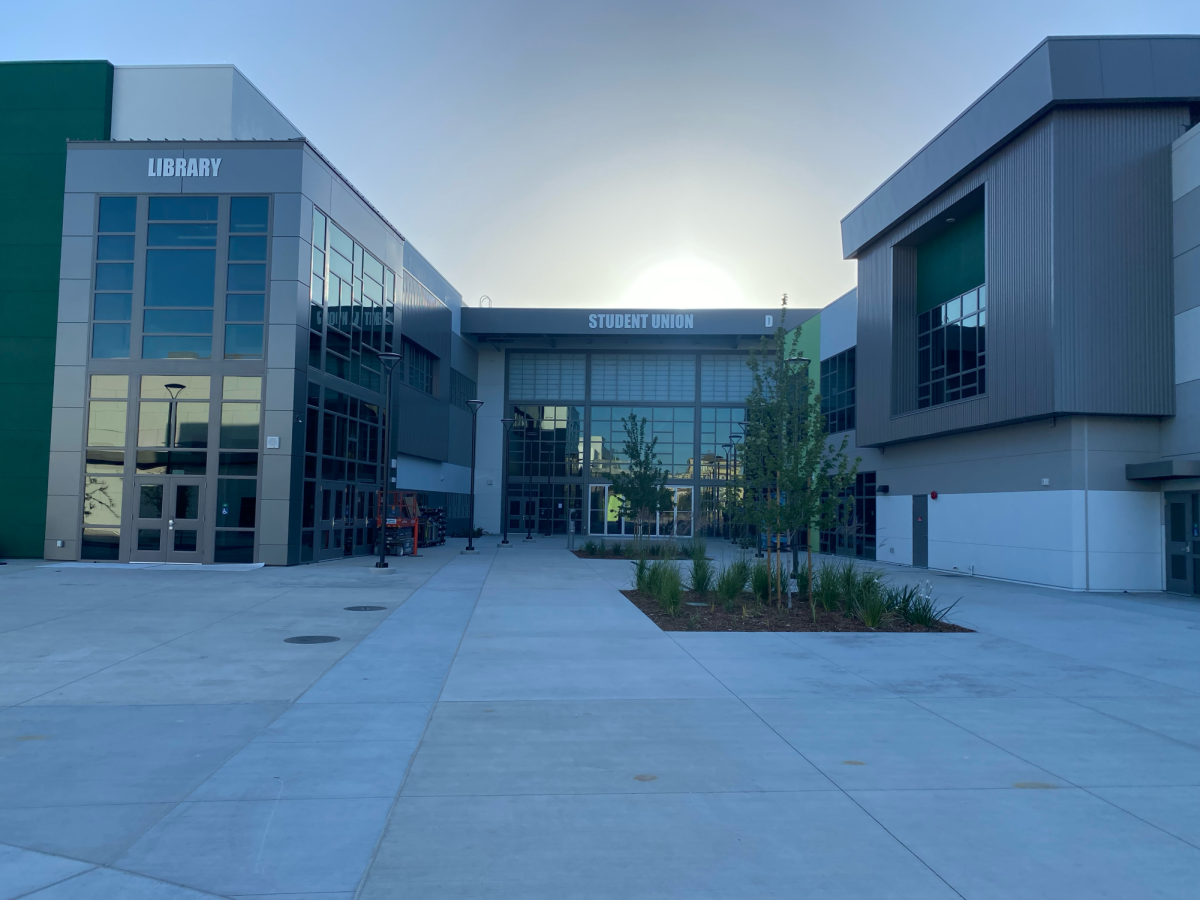
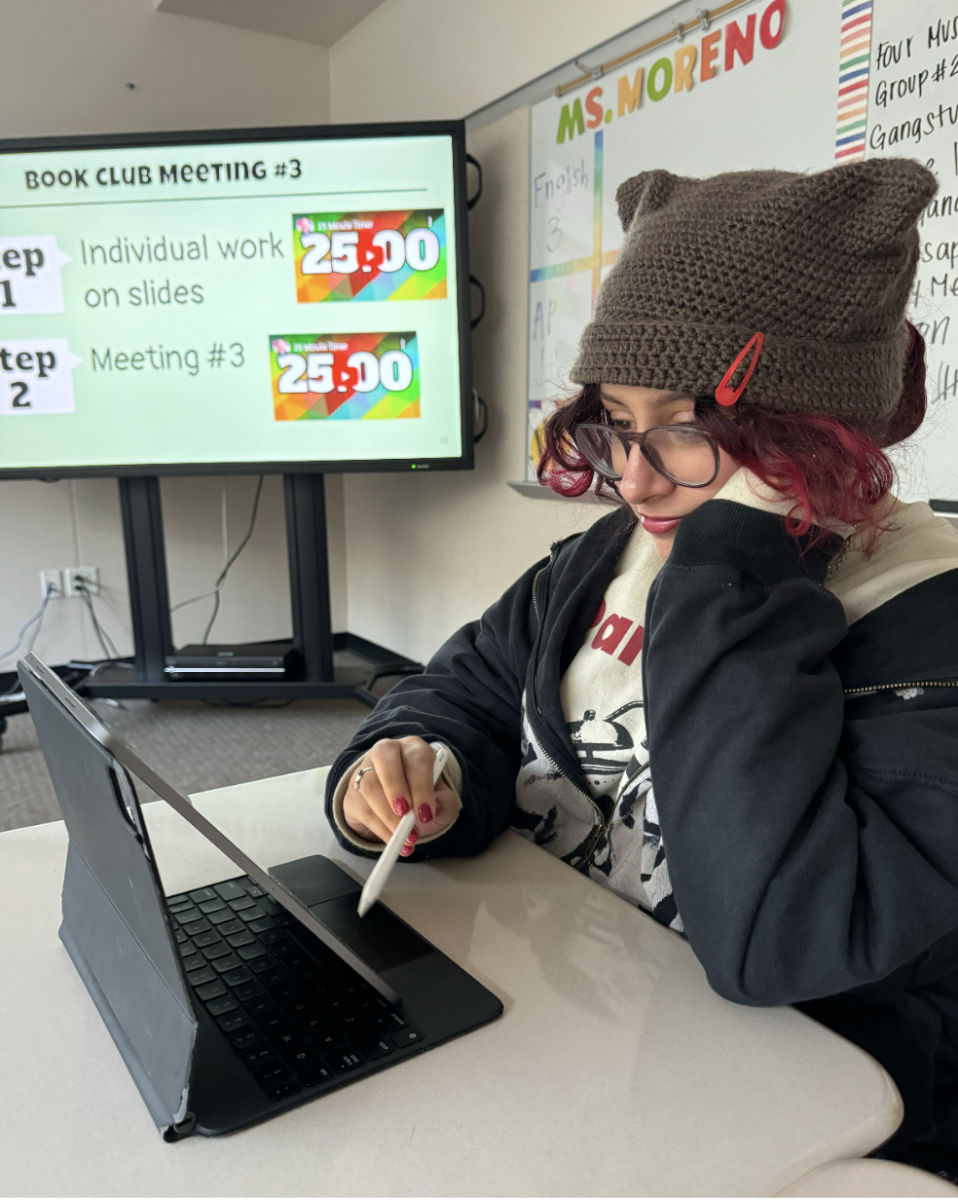
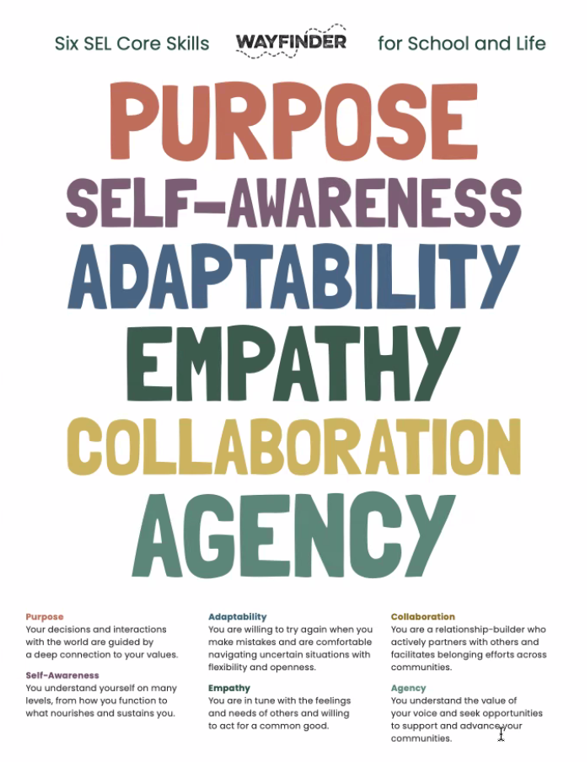



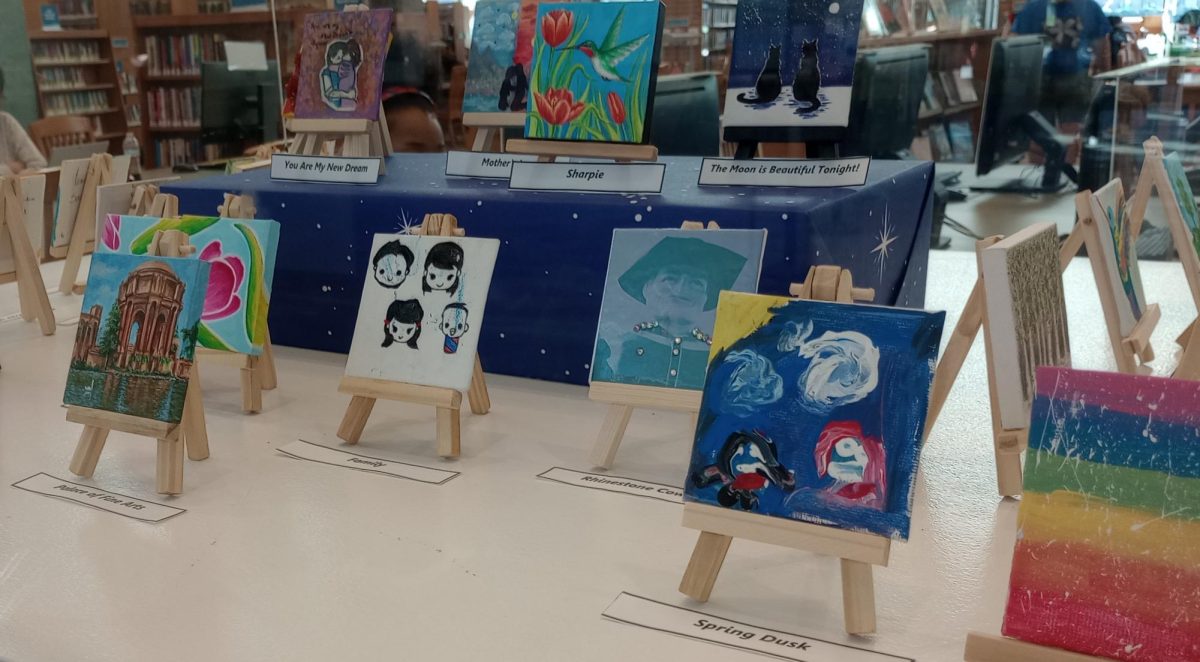
![[Book Review] Weapons of Math Destruction: The insidious danger of Big Data](https://thedublinshield.com/wp-content/uploads/2024/06/wmdsarticle-727x1200.jpg)
